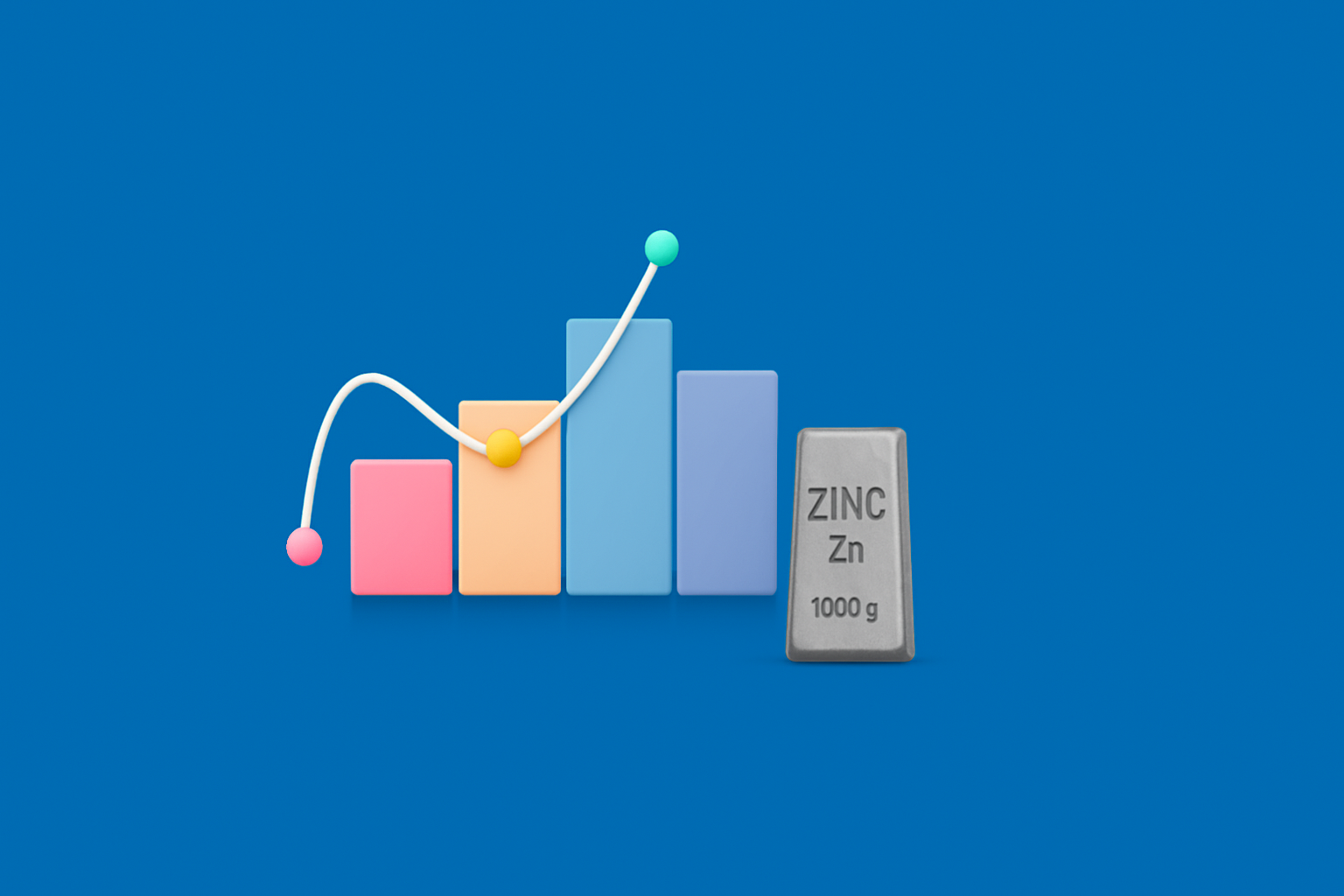Derivatives Meaning

- Published Date: June 09, 2022
- Updated Date: June 17, 2025
- By Team Choice
A derivative is an intriguing financial instrument that plays a crucial role in modern stock markets. It derives its value from the underlying assets. In this article, we’ll help you understand the meaning of derivatives and various components like types of derivatives, uses and more.
What are Derivatives in the Stock Market?
Let’s simplify derivatives' meaning - A derivative in stock markets is a financial instrument whose value depends on the performance of an underlying asset, index or security. These assets typically include stocks, bonds, currencies, commodities, market indices, and interest rates. The primary purpose of a derivative is to transfer risks between parties. It is an essential tool for hedging, speculation, and gaining access to specific markets.
Now that we have a basic understanding of what are derivatives, let’s take a look at their features.
Features of Derivatives
- The value of a derivative is influenced by the changes in the price or value of the underlying asset.
- Derivatives enable investors to control a large position with relatively small amounts of capital, amplifying potential gains as well as losses.
- A contractual agreement between parties takes place in derivatives, outlining certain terms and conditions, such as the price at which the underlying assets could be traded, the expiration date, and more.
- Certain derivatives are standardised and can be traded on exchanges while others are customised contracts and can be traded over-the-counter.
Uses of Derivatives - Practical Applications
Derivatives in share markets are considered as a versatile tool with several uses -
Hedging:
Derivatives help investors hedge against various risks like commodity price fluctuations, interest rate changes, etc. Example - To protect against the rising prices of fuels, an airline company can opt for fuel futures to lock in fuel prices.
Speculations:
The future direction of market prices could be speculated using derivatives. Investors or traders can benefit from price fluctuations without owning the underlying asset by taking positions in derivatives.
Arbitrage:
Derivatives can help arbitrageurs to lock in risk-free profits by exploiting price discrepancies between different markets or instruments. It assists in keeping the prices aligned across various markets.
Accessing Assets:
Investors can use derivatives to directly access assets or markets that can be difficult to trade in. For instance, index futures can help an investor gain exposure to a broad market index rather than buying individual securities.
Participants in the Derivatives Market
The derivatives market is a vast financial landscape where many experienced traders or investors participate to achieve their financial goals. Four main participants of derivates include:
Hedgers -
Hedgers are traders with low-risk tolerance intending to protect their investment portfolio against market risk and price fluctuations. By assuming the opposite position in the derivative market, hedgers transfer the risks of loss to those willing to take it. They are required to pay a premium to the risk-taker in exchange for hedging.
Speculators -
Speculators are the risk-takers in the derivative market. Their views counters to those of hedgers, aiming to profit by embracing risks. This difference in opinion can help them gain huge profits if their bet turns out to be true or correct. Speculators aim to profit from predicting future price movements of the underlying assets without the intention of owning them.
Arbitrageurs -
Arbitrageurs aim to capitalise on price discrepancies in different markets. Low-risk market imperfections are used by them to make profits. They buy low-priced stocks from one market and sell them at much higher prices in another. It is only possible if the same stock is quoted at varied prices in different markets.
Margin Traders -
Margin traders use a part of their investment capital to trade financial contracts, leveraging additional funds provided by stockbrokers. They borrow money from brokers to increase their market exposure. These additional funds required can be calculated using a futures and options margin calculator. These traders trade daily intending to profit from the price fluctuations of underlying assets within a single day.
Advantages and Disadvantages of Derivatives
In the following table, we have outlined the benefits and drawbacks of derivatives trading -
| Advantages | Disadvantages |
|---|---|
| Allows investors to hedge against various market risks | A deep understanding and knowledge of the market is required as derivatives are a complex instrument |
| Investors can control a large position with a relatively small capital, enhancing returns | Hold the potential for significant losses, sometimes exceeding the initial investment |
| Derivatives traded on exchanges have high liquidity, simplifying entry and exit positions | Speculative trading leads to large swings in prices, adding to market volatility |
| Provide exposure to markets or assets that may be difficult to access or trade | Over-the-counter derivatives are risky as the counterparty might default on their contractual obligations |
| For hedging purposes, derivatives are cost-effective | Can lead to financial instability if misused for excessive speculation or manipulation |
Final Thoughts
Derivatives are considered as a cornerstone of modern financial markets. It provides investors with risk management tools, speculations, and efficient market functioning. It also plays a major role in shaping market dynamics and providing flexibility to market participants. However, it is important to note that derivatives also come with potential risks. Remember to thoroughly research for analysing market conditions or consult a financial expert before making any investment decision.
Recommended for you

FII DII Data - Live Data

Zinc Future Price Forecast for Next Week

Copper Price Forecast for Next Week
